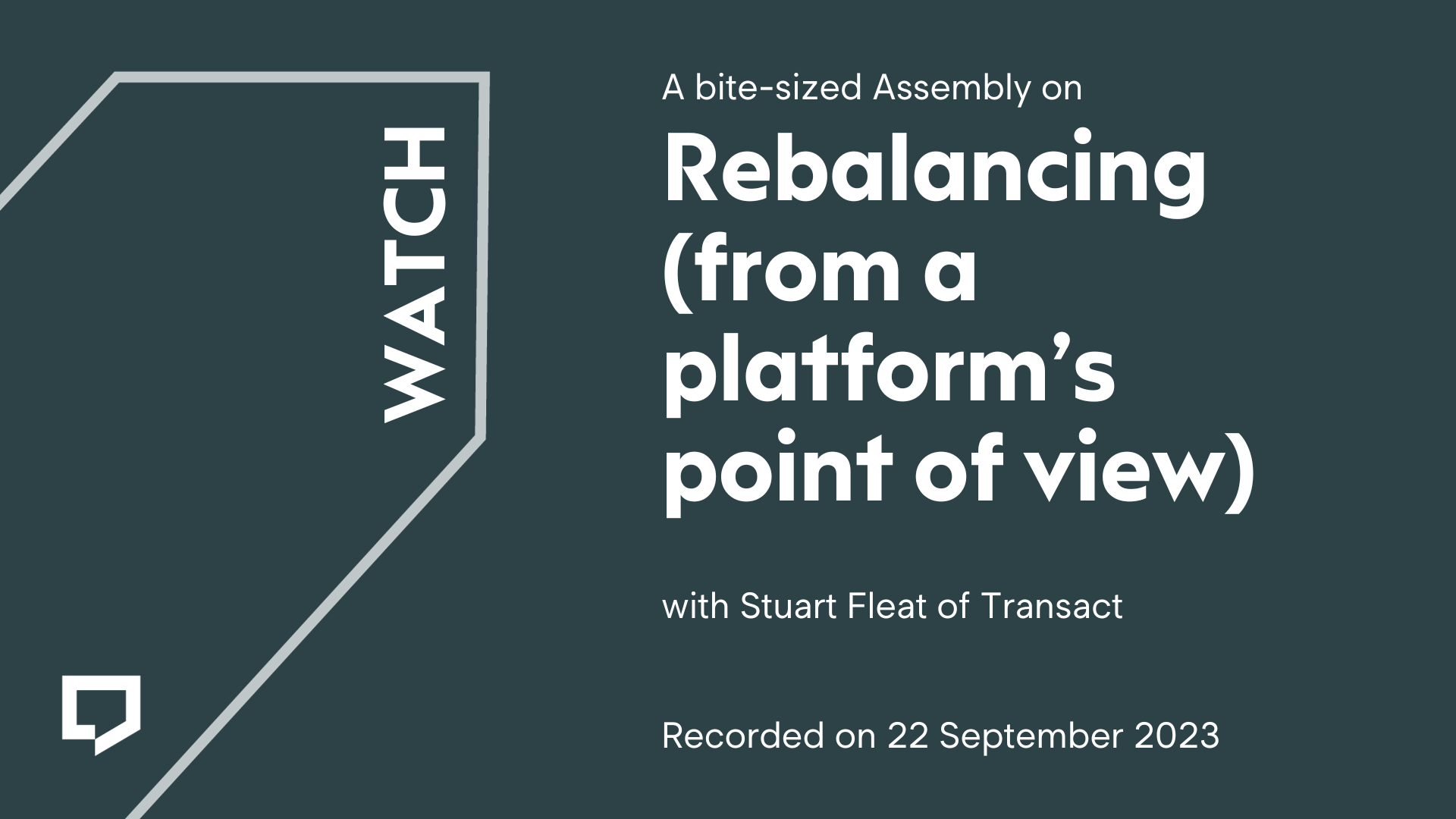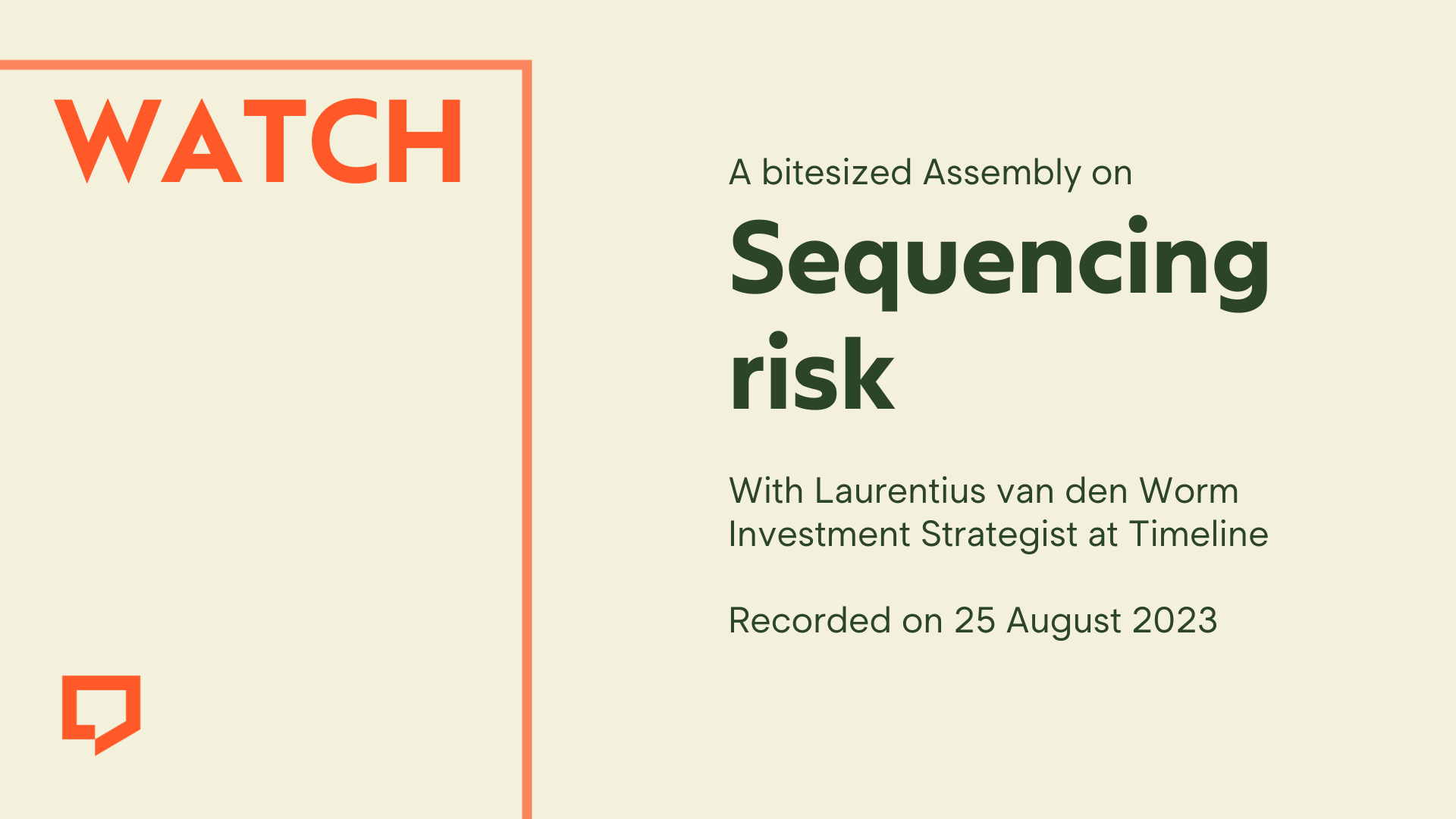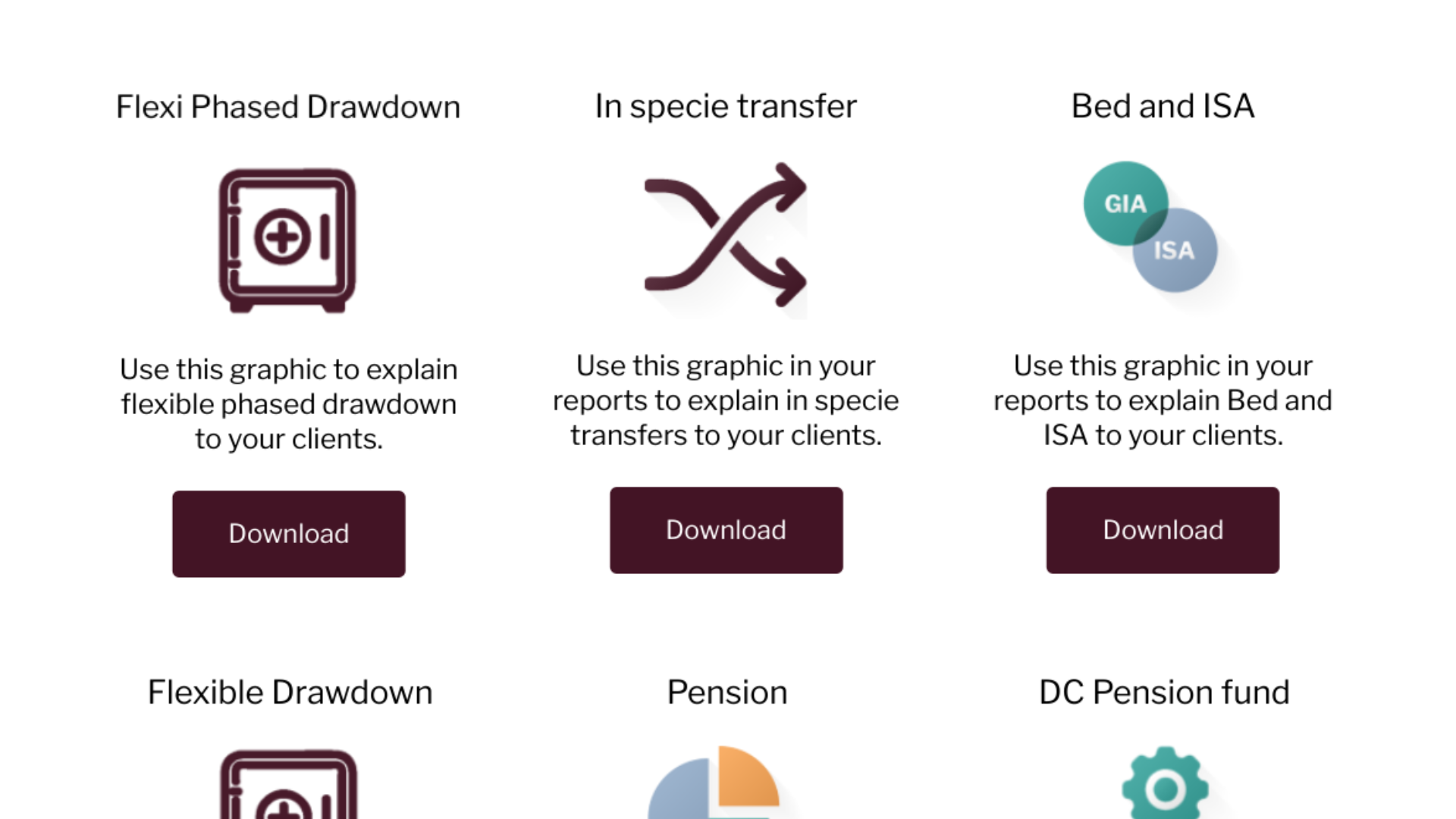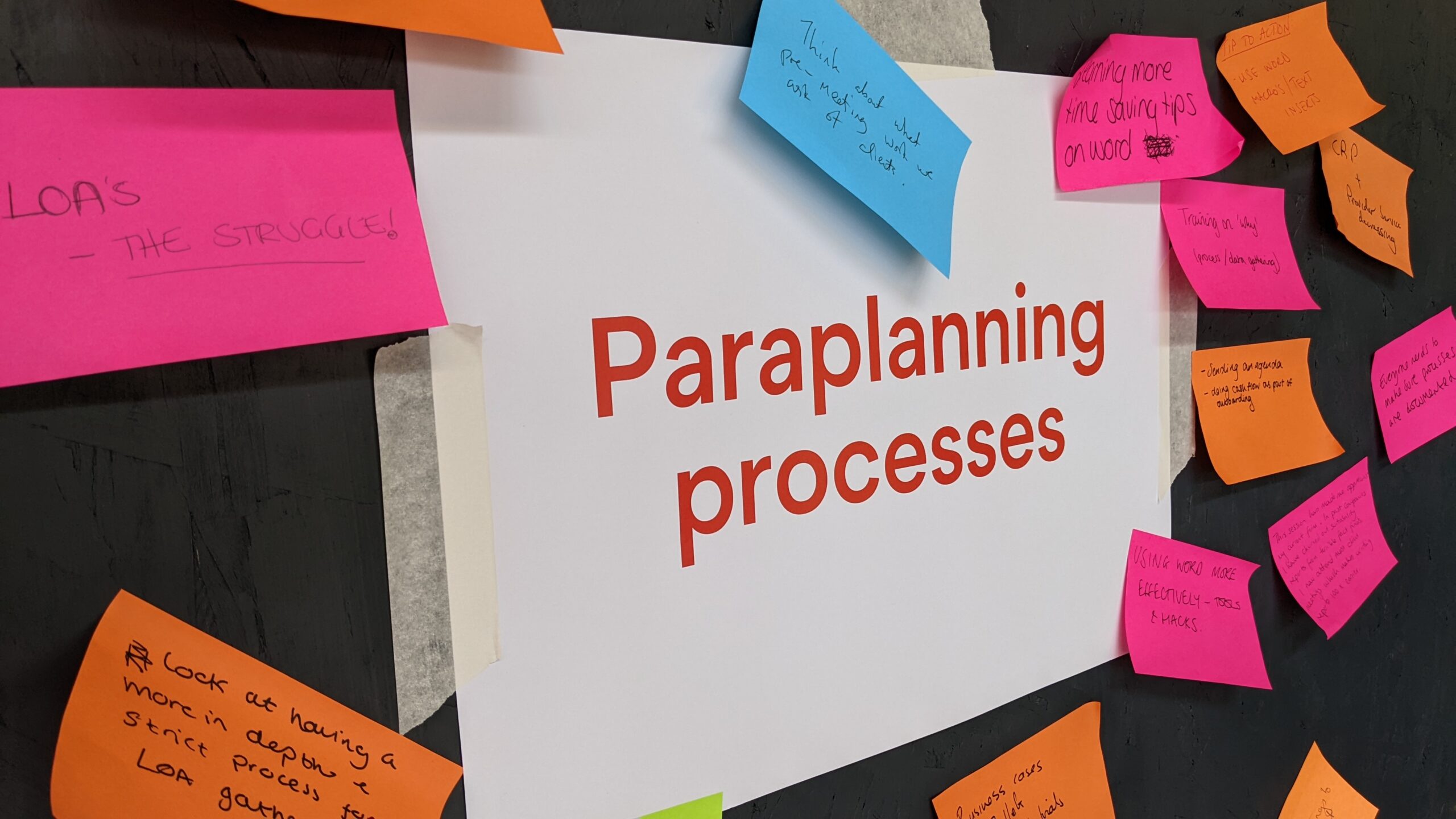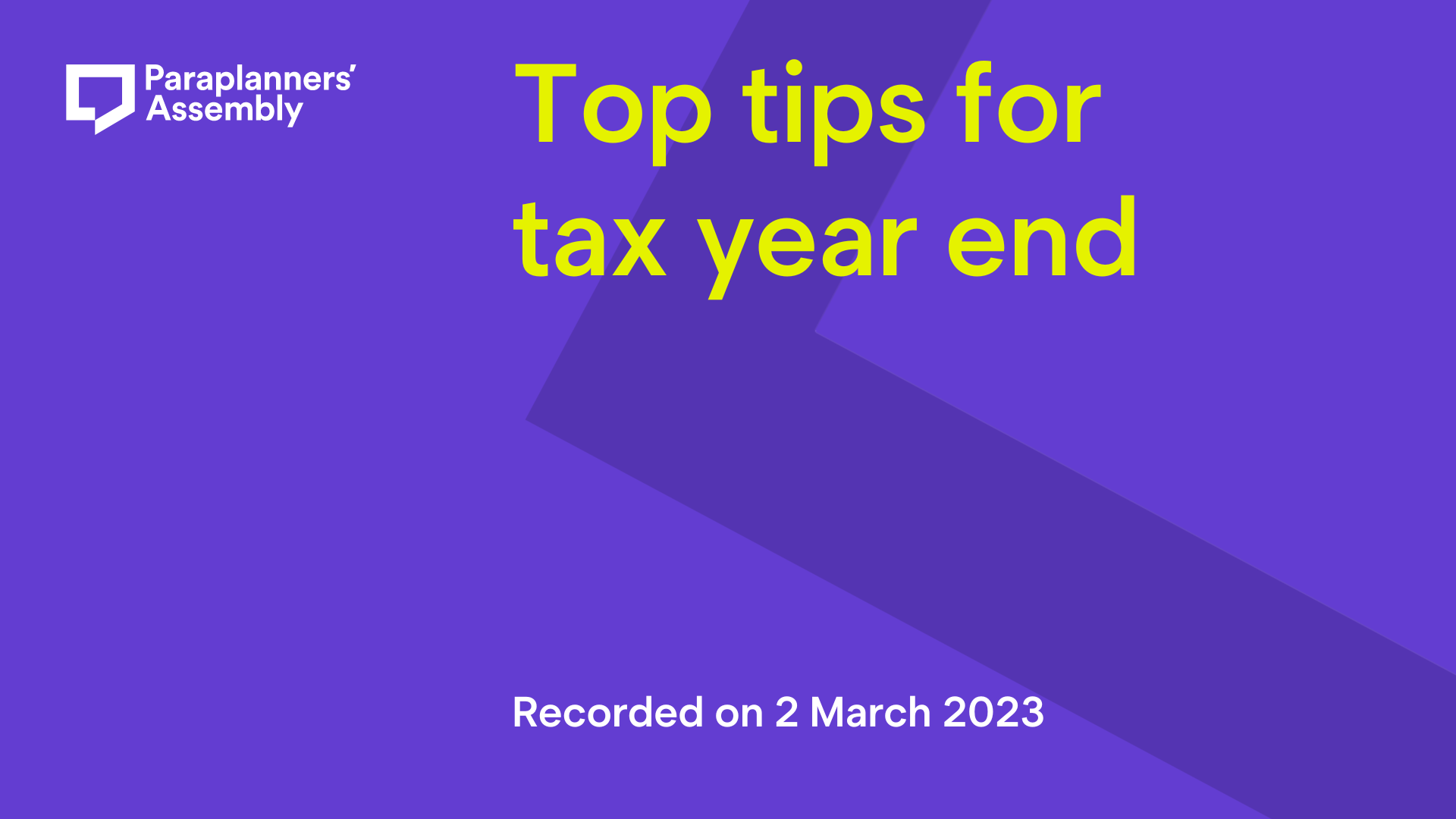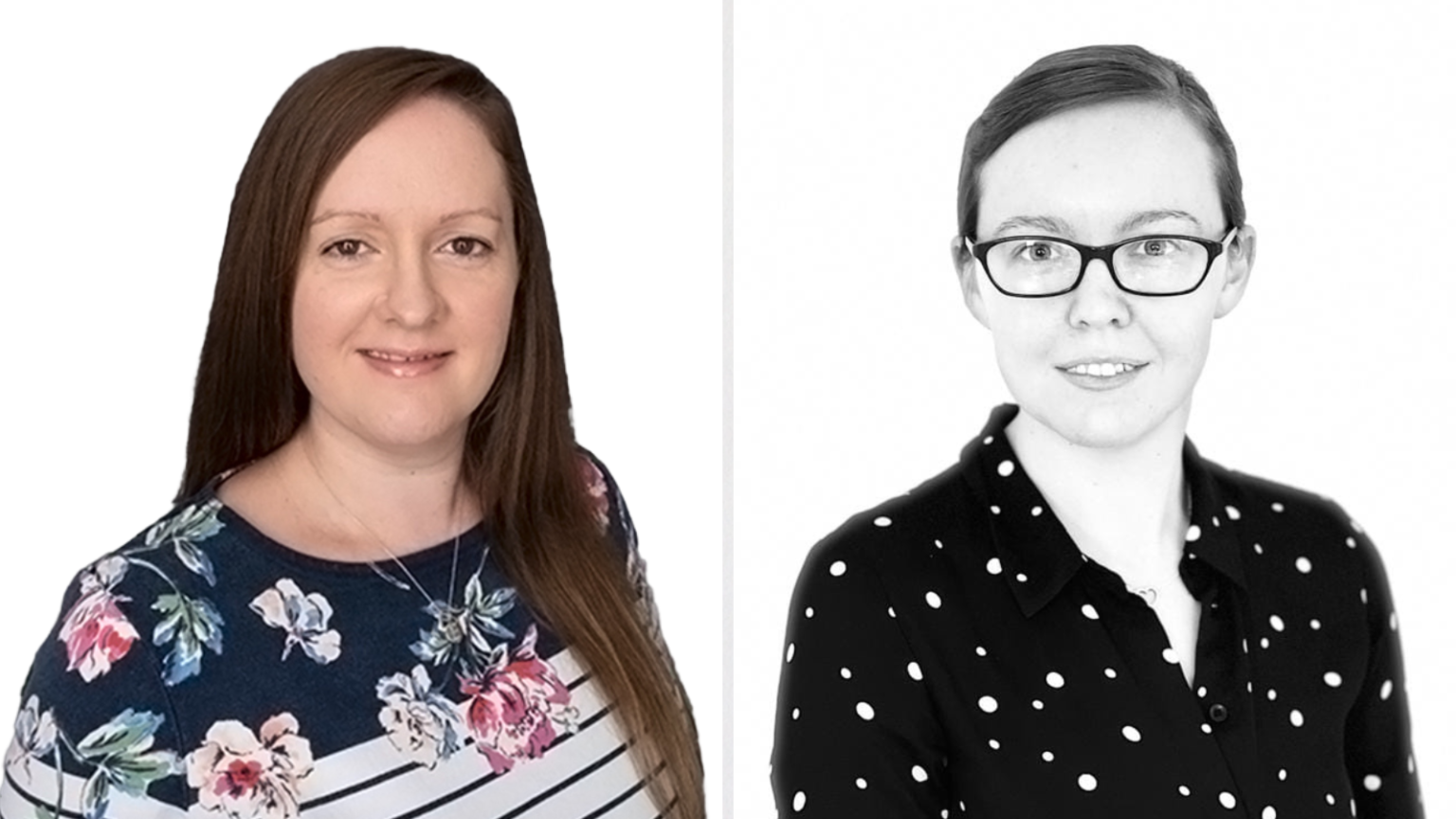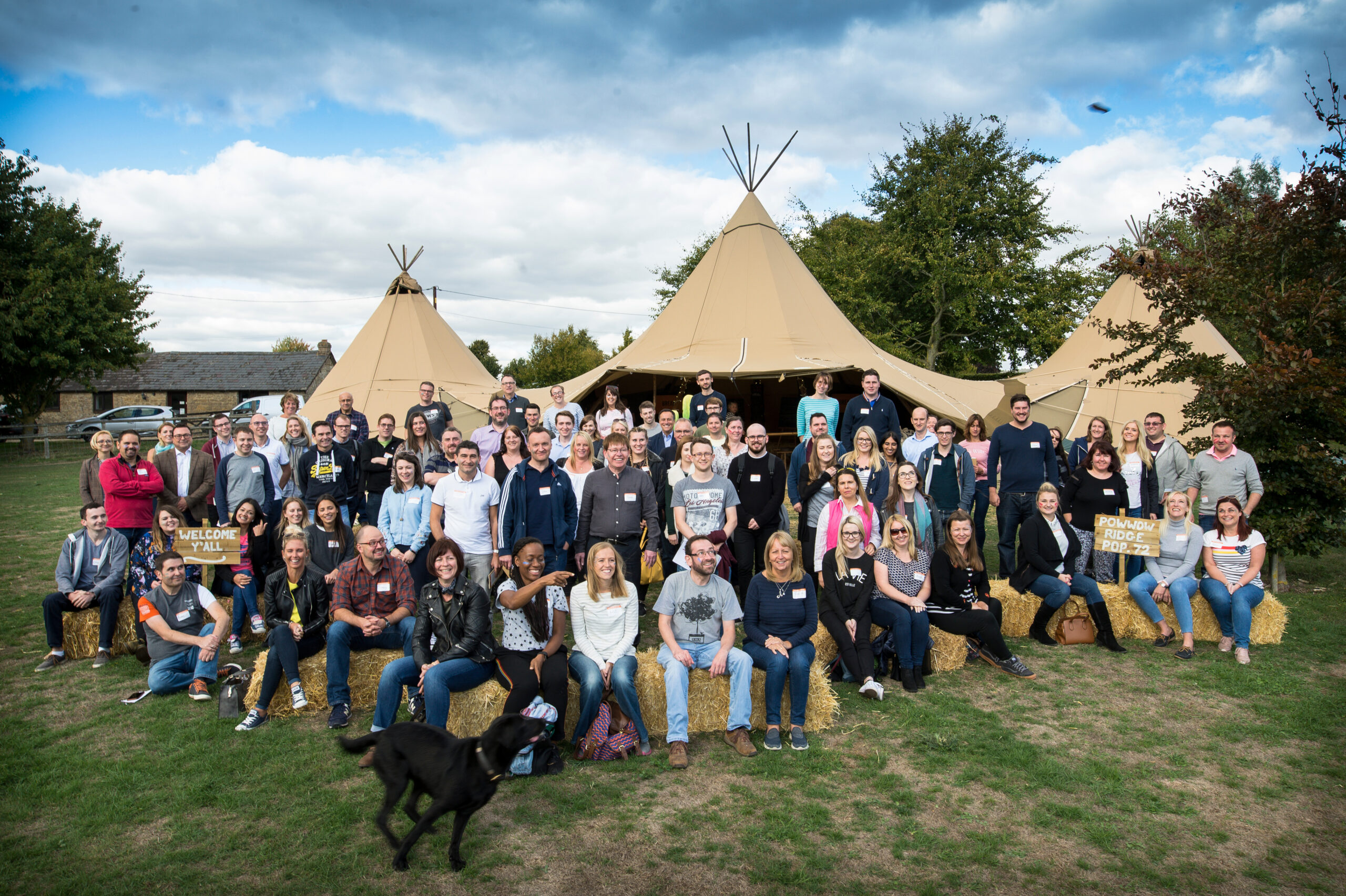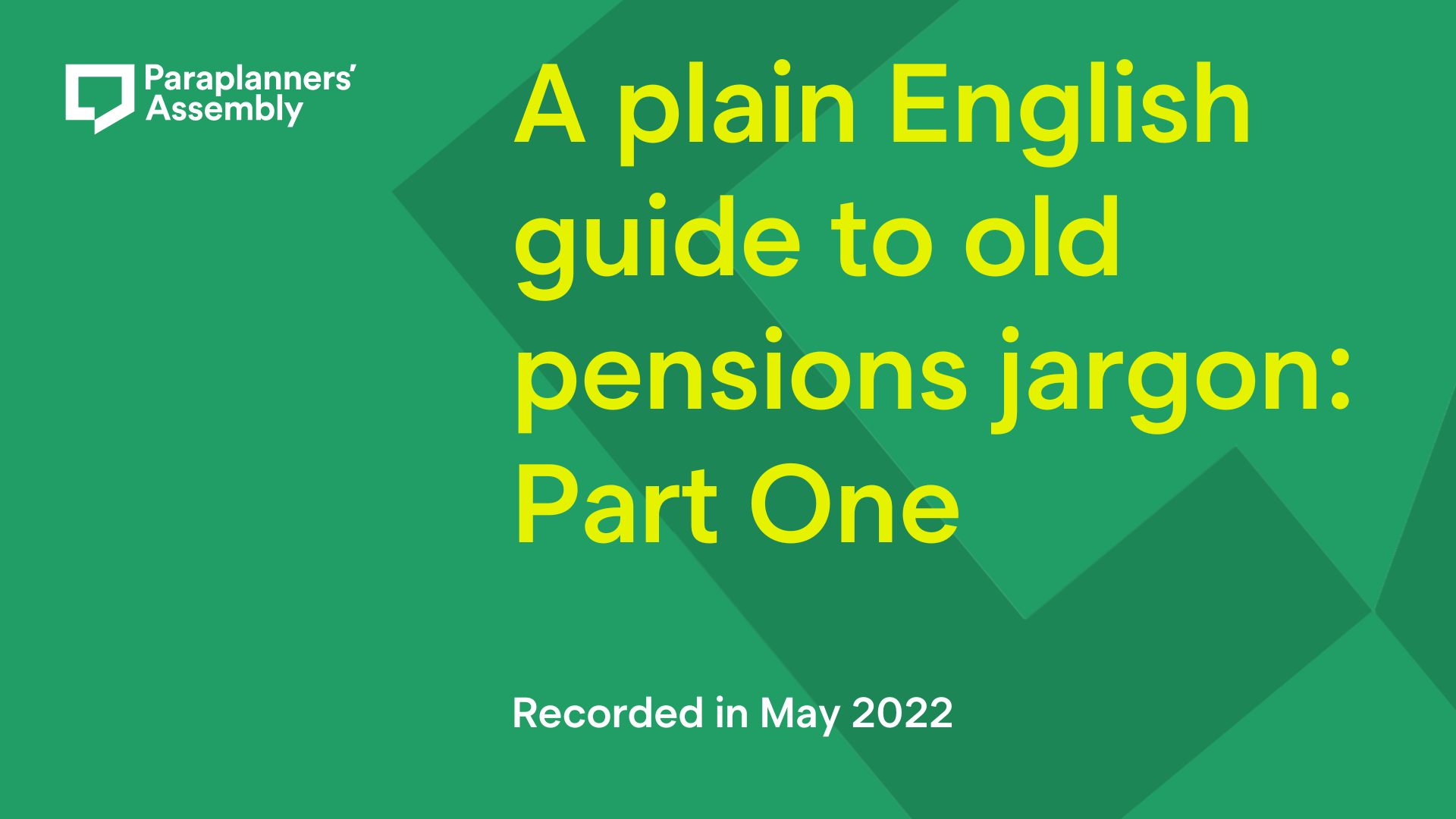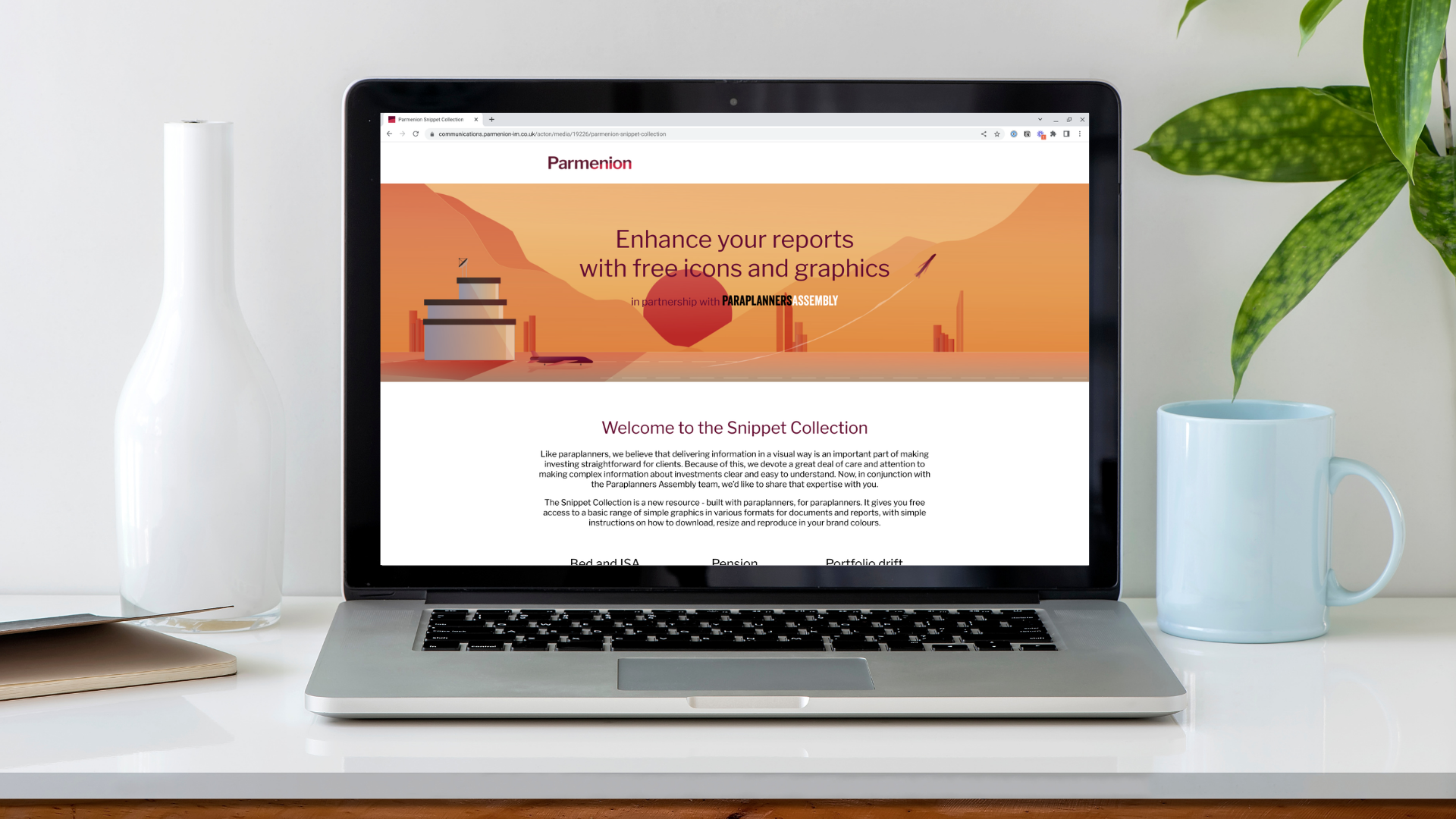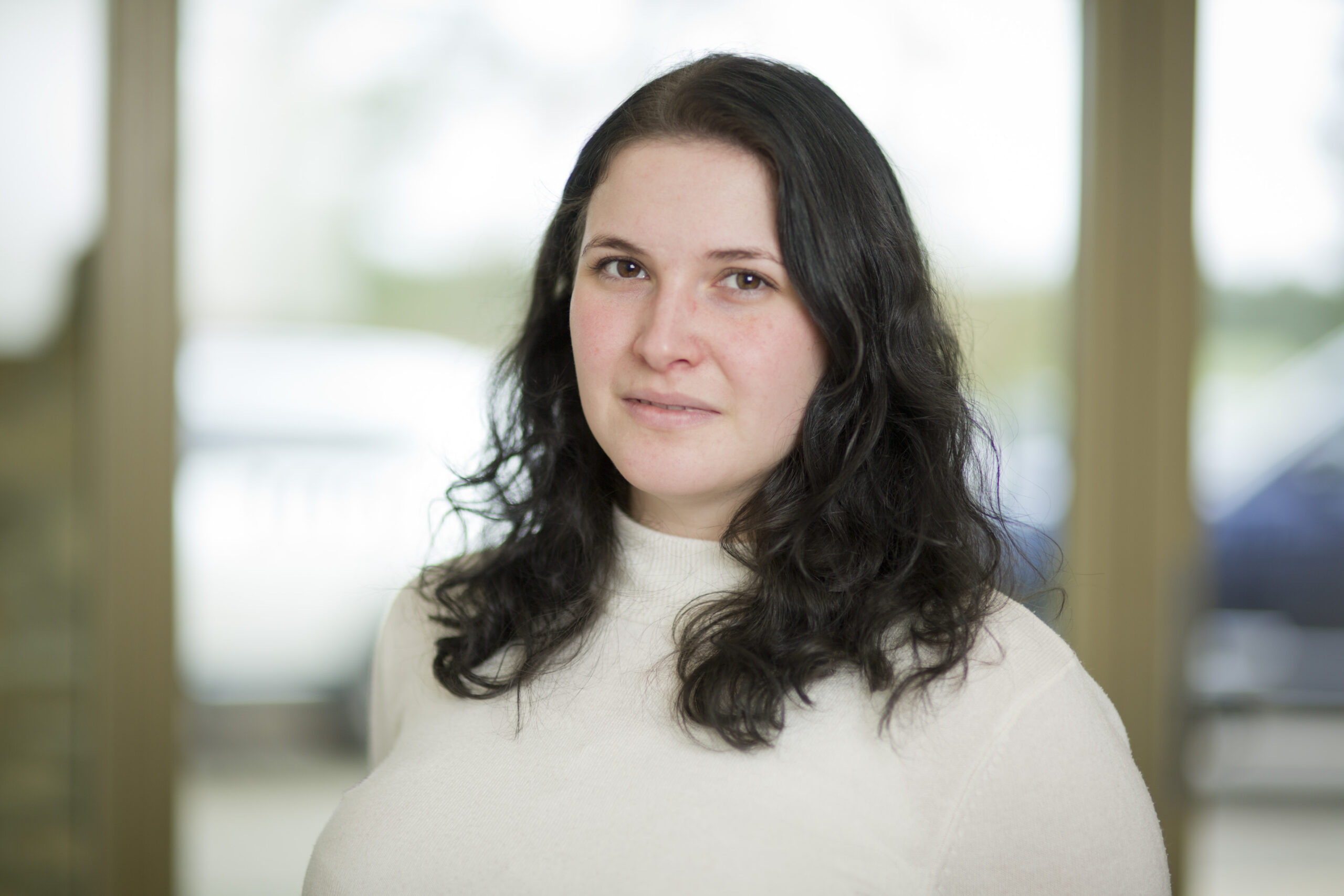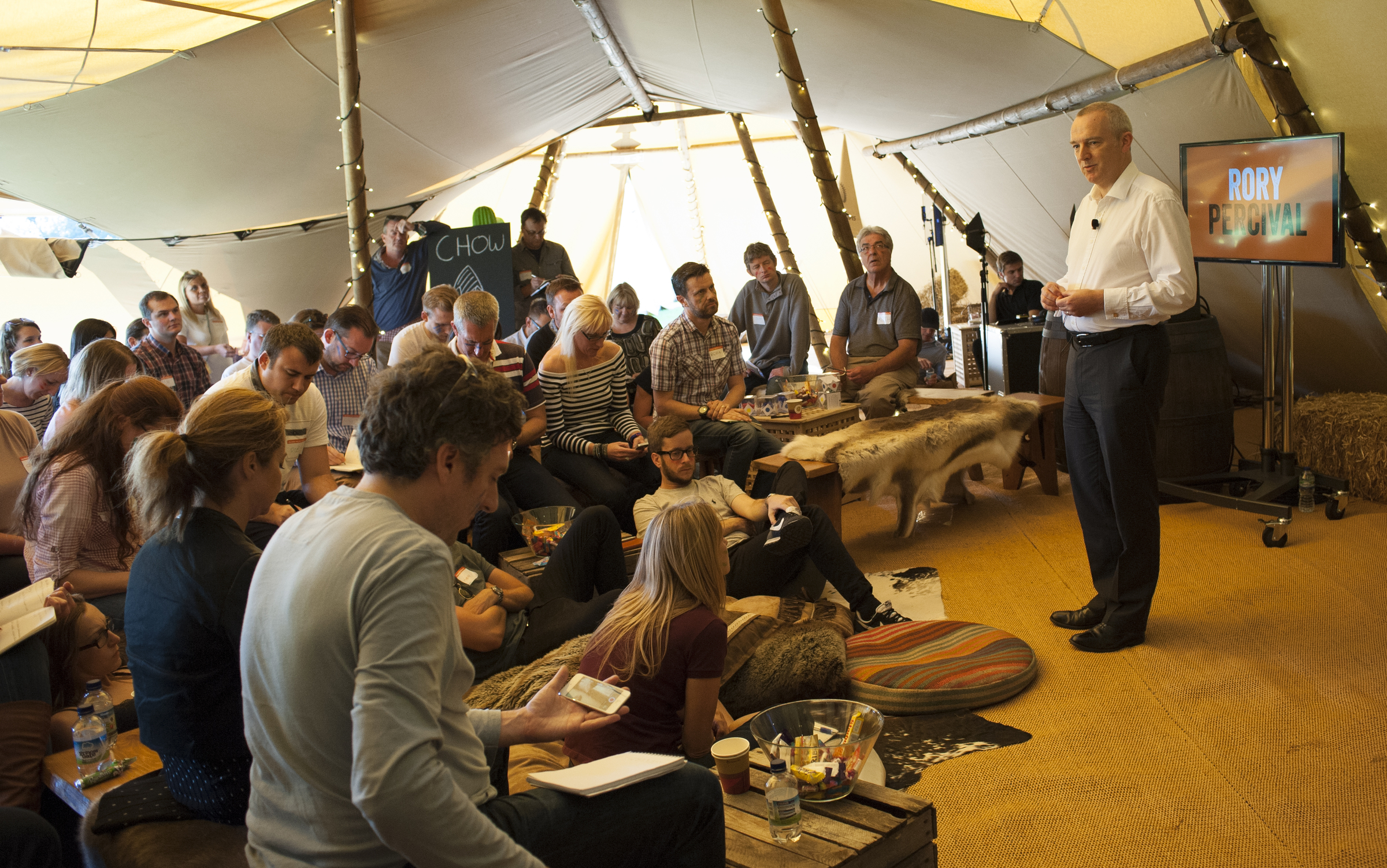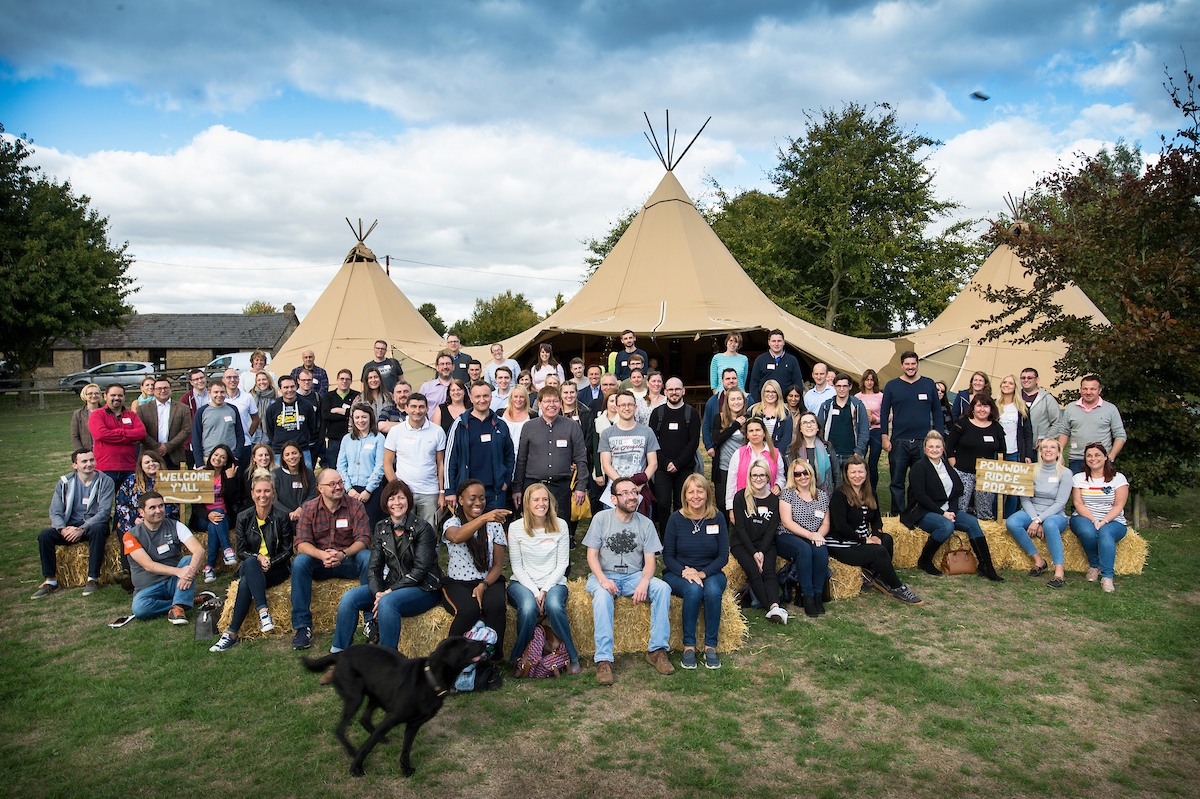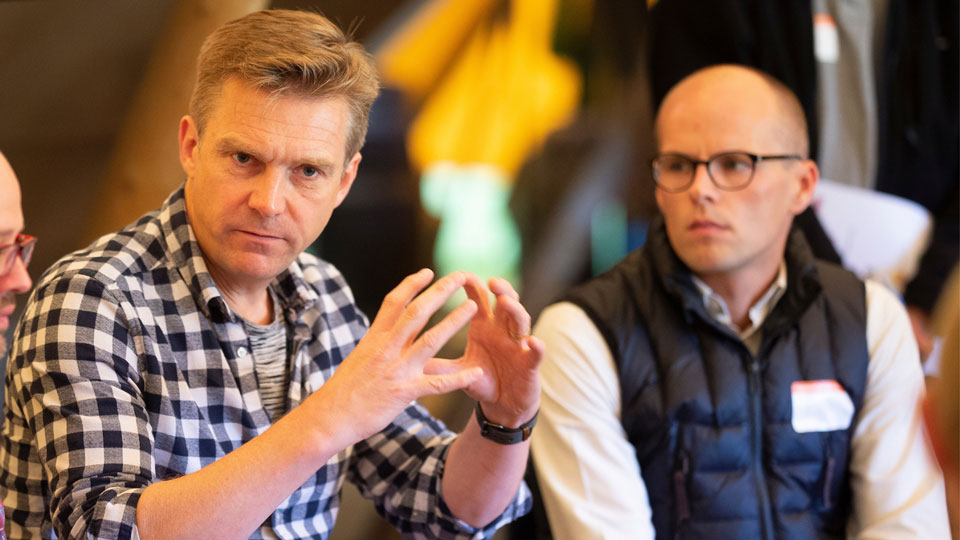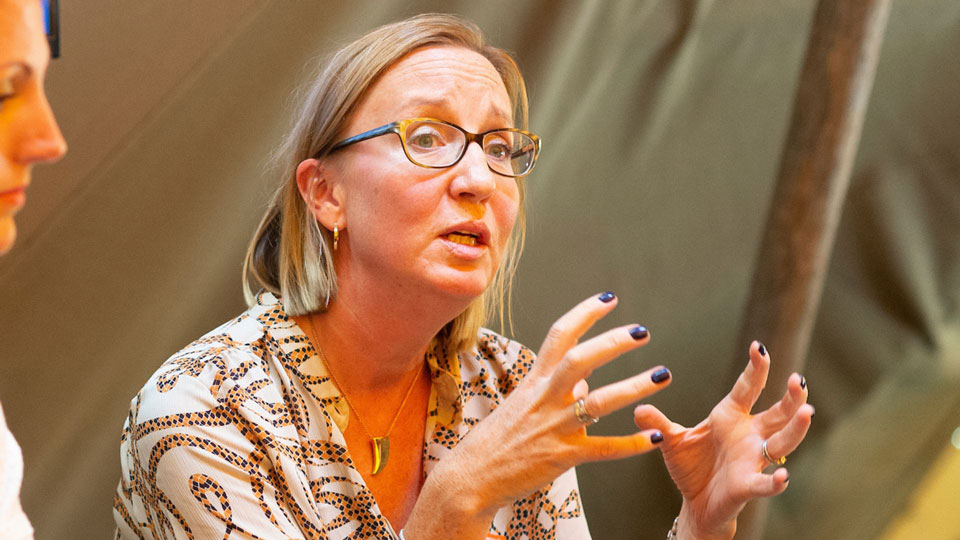In November, Susan Pringle was joined by Dr. Tom Mathar of Aegon UK to explore behavioural science. You can watch the replay. We enjoyed the Online Assembly so much that when the team at Aegon shared an article about the effect of working with clients in an online environment, we thought it would make an interesting follow up.
So…once more, over to Dr. Tom..
The online encounter
Why clients are more comfortable with an online relationship than you may think
Coronavirus forced many of us to move out of our carefully arranged offices into a home environment and made video calls more prevalent. And with that move, advisers and paraplanners are now faced with the challenge of trying to acquire new clients from their own homes.
The physical cues normally used to get messages about themselves and their business across may be lost. Clients, however, will continue to look for these cues that ultimately encourage them to build trust. So, it’s important to carefully think about the messages the background of video calls can convey.
Subliminal messaging works
The norm of reciprocity means clients are more likely to give away something personal (their concerns, requirements, hopes and aspirations) if you share something personal too – either implicitly or explicitly.
In 2020, we asked 2,100 members of the Aegon Feedback Community what should present itself in the background of a video call – most of our respondents said it should be ‘clean’. Although references to achievements and professional background (for example, awards and certificates) are considered acceptable too.
But subconsciously, sharing deeper personal references such as family connections, seems a more powerful way to enter a reciprocal relationship.
Our study also suggests that using references to your personal wealth or social status (for example, exclusive art or interior design) could stop prospective clients from entering a relationship with you[1]. Similarly, blurring the background could also put you at risk of not building an open, trusting relationships with clients. This, however, may differ with the client segments your firm typically serves.
Share and share alike
The TrustedAdvisor’s Trust Equation[2], uses four variables to measure trustworthiness:
- Credibility (which has to do with the words used in client interaction);
- Reliability (which has to do with actions);
- Intimacy (relates to the safety / security we feel when engaging with someone), and
- Self-orientation (refers to your focus and, more specifically, if you seem focussed on the client or yourself).
Of all four, intimacy is considered the most powerful component. Intimacy refers to the sense of security that someone gets when they engage with you. They want to know that everything they share with you will be treated with respect and propriety.
In our report Building trust with prospective clients, we look further into the Trust Equation – how only by giving something will you likely get something back, and by sharing your own hopes, fears and aspirations you will invite the same from your clients – and how this can help to develop a deeper understanding of their financial motivations.
How you and your clients adapt
Pollster Opinium[3] found that the majority of advisers (59%) said that ‘working with clients remotely’ is the main challenge they’re currently facing when adopting to Coronavirus disruption.
Before the pandemic, 84% met their clients in a face-to-face encounter ‘often’ or ‘very often’ and only 7% used video calls. Going forward, 70% assume they’ll meet their clients face-to-face ‘often’ or ‘very often’ – and 38% say they’ll meet clients using a video call.
Opinium’s research also found that clients would now prefer to meet their adviser in a video call after the pandemic, rather than return to face-to-face meetings as they become increasingly more at ease with the idea of an online relationship.
And in our own research, crucially, those who think this are the Career-driven families and Upper Echelons customer segments, who have significantly higher assets than average and are more likely to work with an adviser.
Summary
It’s likely that video calls will continue from now on, so it could be worthwhile thinking about which supportive cues are right for your clients and business’ brand.
And it’s worth noting the variables in the Trust Equation have become much tricker to manage with the move from office to online meetings. In a video call it’s a careful balance between conveying the right levels of intimate messages about yourself without seeming as if you’re pushing your own goals onto your clients. Getting the right blend can have a significant impact on client trust and your business.
You can read more about the research and our findings in our two reports:
Increasing client trust during video calls
Building trust with prospective clients
[1] Aegon Feedback Community, 2,100 respondents, 2020
[2] trustedadvisor.com, the Trust Equation, 2020
[3] Understanding the impact of Coronavirus on the investment landscape. Opinium, 2020.
Thank you Dr. Tom and Aegon UK. 👍



